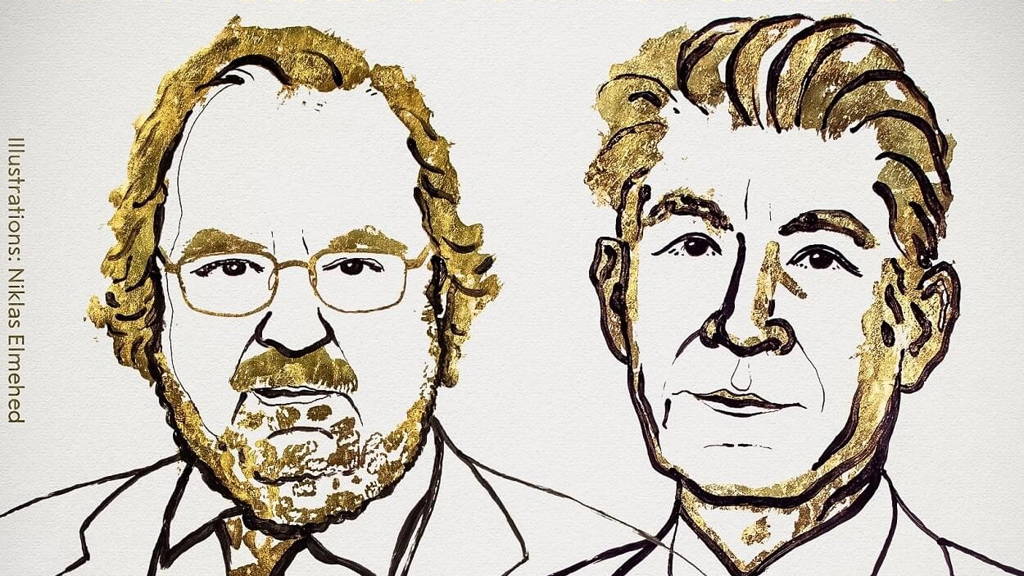Cancer kills millions of people every year and is one of humanity’s greatest health challenges. By stimulating the inherent ability of our immune system to attack tumor cells this year’s Nobel Laureates have established an entirely new principle for cancer therapy.
James P. Allison studied a known protein that functions as a brake on the immune system. He realized the potential of releasing the brake and thereby unleashing our immune cells to attack tumors. He then developed this concept into a brand new approach for treating patients.
In parallel, Tasuku Honjo discovered a protein on immune cells and, after careful exploration of its function, eventually revealed that it also operates as a brake, but with a different mechanism of action. Therapies based on his discovery proved to be strikingly effective in the fight against cancer.
Allison faced little interest from the pharmaceutical industry but continued his research on the therapy.Allison and Honjo showed how different strategies for inhibiting the brakes on the immune system can be used in the treatment of cancer. The seminal discoveries by the two Laureates constitute a landmark in our fight against cancer. James P. Allison was born 1948 in Alice, Texas, USA. He received his PhD in 1973 at the University of Texas, Austin. From 1974-1977 he was a postdoctoral fellow at the Scripps Clinic and Research Foundation, La Jolla, California. From 1977-1984 he was a faculty member at University of Texas System Cancer Center, Smithville, Texas; from 1985-2004 at University of California, Berkeley and from 2004-2012 at Memorial Sloan-Kettering Cancer Center, New York. From 1997-2012 he was an Investigator at the Howard Hughes Medical Institute. Since 2012 he has been Professor at University of Texas MD Anderson Cancer Center, Houston, Texas and is affiliated with the Parker Institute for Cancer Immunotherapy. Tasuku Honjo was born in 1942 in Kyoto, Japan. In 1966 he became an MD, and from 1971-1974 he was a research fellow in USA at Carnegie Institution of Washington, Baltimore and at the National Institutes of Health, Bethesda, Maryland. He received his PhD in 1975 at Kyoto University. From 1974-1979 he was a faculty member at Tokyo University and from 1979-1984 at Osaka University. Since 1984 he has been Professor at Kyoto University. He was a Faculty Dean from 1996-2000 and from 2002-2004 at Kyoto University. Source: www.nobelprize.org






